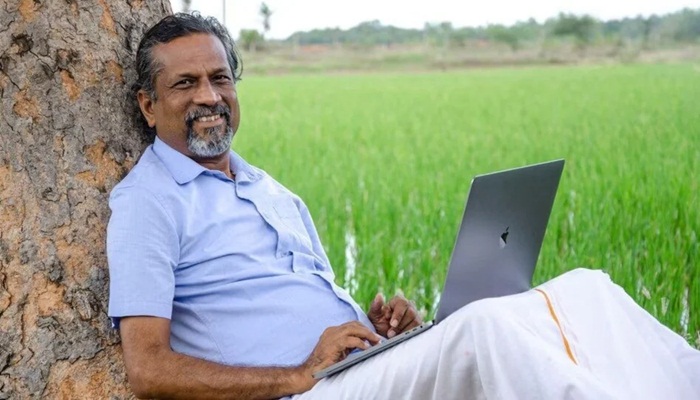Nearly three quarters (73%) of UK employees report that their employer expects them to have creative and visual communication skills, a demand that 84% say has grown in the past three years, according to survey findings released by the software company Adobe on Wednesday (29 October).
More than two fifths (44%) of the 2,000 UK-based people polled for Adobe’s Future of Skills Survey indicated that creativity was a must-have skill for the future, slightly ahead of the 38% who prioritised AI capabilities.
A further 53% of people identified as ‘next-generation learners’, reported that creativity plays a major role in their long-term career goals. Adobe classifies next-generation learners as people aged 16 to 29 who are enrolled in full-time or part-time education.
Speaking to HR magazine, Jenni Miller, head of cultural transformation at coaching company Inspiring Cultures, said: “Creativity has rapidly shifted from a nice-to-have to a core capability in today’s workplaces.”
HR and learning and development teams play a crucial role in nurturing creativity, Miller explained “not through one-off workshops, but by embedding creative thinking into everyday learning and collaboration”.
To boost creativity at work, she advised employers to work on establishing psychologically safe spaces where experimentation and curiosity are encouraged, and where “mistakes are seen as part of the learning process”.
Simon Morris, Adobe’s vice president of international marketing, told HR magazine: “Creative skills are no longer optional; they’re essential for career success.”
He explained that the ability to “craft compelling content and tell authentic stories has become a core competency in an increasingly visual and experience-driven world”.
Miller added that HR can blend “traditional skills programmes with design thinking, storytelling, and problem-solving labs [to] help employees approach challenges more innovatively”.
Creative skills “shape how we communicate from boardrooms to social platforms,” Morris explained. “Because of this, there is an increasing demand for content that connects emotionally and stands out.”
AI is “turbo-charging this trend,” he said, adding that rather than replacing creativity, AI is democratising and accelerating it by giving everyone the tools to bring their ideas to life.
Those who combine human creativity with AI fluency are gaining a real competitive edge in the workplace, according to Morris.
“When creativity is valued and developed intentionally, it becomes the driving force behind cultural transformation and business resilience,” Miller concluded.
The Adobe Future of Skills Survey was conducted online, with a total of 6,058 respondents across the US (2,008), UK (2,003), and India (2,047).
Source – https://www.hrmagazine.co.uk/content/news/employers-expect-more-creative-skills-research-suggests



















